"A farmer's shadow is the best fertilizer."
-Unknown
We are passionate about sustainable farming and its ability to heal, maintain, and enhance the health of our landscape. Our practices reflect this, and endeavor to make our work a benefit to our natural environment while also ensuring that we grow the best quality products.
Organic practices
We grow all of our vegetables & flowers using organic practices. We are not currently certified organic. Certification is not a feasible option for us at the moment because we farm on rented land with a short term lease. It is something we are open to pursuing in the future if our land tenure becomes longer term. We take seriously that we are growing food and flowers that will enter your home and feed your families: our growing practices produce veggies & flowers that are safe and healthy. Using organic practices also ensures that our farm is a healthy environment for us, our staff, our pets, wildlife, and pollinators.
soil health
The foundation of the farm is in the soil. Without vibrant soil health, nothing on the farm works. We use soil-building practices like incorporating crop residues, rotating crops, avoiding excessive tillage, keeping soil covered as much as possible, and applying compost to ensure we feed the soil and all of the microbes & fungi that feed our plants. We also conduct regular soil tests to ensure we have an accurate baseline to work from when working to build our soils.
disease, pests & weeds
We know that growing the healthiest plant possible ensures that we are growing the highest quality food and blooms while also reducing disease & pest pressure. We constantly walk our fields to monitor the health of the crops and note areas that need some extra love. We utilize natural fertilizers such as seed meals, bone meal, kelp, and fish emulsion to supply our plants with their nutrient needs, and build a yearly customer fertilizer mix to address any soil deficiencies and set our plants up for success.
Our best defense in the face of disease and pests is our own footsteps: we are always walking our fields and keeping an eye out for problems. The actions we take can include everything from protecting crops with row cover or insect netting (to keep pests off) to sometimes simply tilling in a crop before the problem spreads. We choose to not use synthetic pesticides or herbicides because of their broad impact on the farm.
As for that age-old adversary, weeds? Well, there's *almost* nothing a few good hours of hoeing can't handle. We also use barriers like landscape fabric to help manage weeds and protect the soil in our beds and pathways.
pollinators
We have a deep affection for pollinators: they work hard day in & day out, just like your farmers do. To encourage their work, we plant flowers and herbs that they especially love, including cilantro, dill, fennel, and marigolds. Sometimes we will leave a bolted (flowering) crop in the field as an extra food source for the bees too. By providing safe & abundant nectar and pollen sources all season long, we help provide food and habitat for native bees as well as honeybees. Pollinators face many threats (mites, diseases, colony collapse, loss of habitat, shrinking food sources), and we work hard to make the farm an oasis for them.
food safety
We work hard every day to ensure we produce the cleanest products & to handle them properly during harvest and post-harvest period. We use best practices outlined by FSMA (Food Safety Modernization Act), carefully train all staff on food safety practices, and have built our wash station on the farm with food safety as our top priority.
Food safety begins in the field with attention to detail and maintaining a clean field environment. This includes scouting for any potential problems in the field and noting their impact on the crops. During harvest it means scrubbing hands, harvest knives, and totes; scrubbing & sanitizing our wash station; quickly hydrating and cooling crops in clean water with a sanitizer; and packing each item in clean, sanitized bins for storage at the proper temperature.
If you have any questions about our practices, please ask us! This is one of the best things about knowing your farmer: true transparency.

